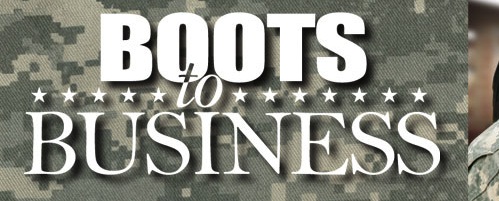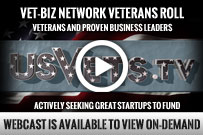Understanding Set-Asides

By Debbie Gregory.
Every year, the federal government spends approximately $500 billion on goods and services. In order to keep a level playing field, the Small Business Administration (SBA) has worked with federal agencies to ensure that at least 23 percent of all prime government contracts are awarded to small businesses. These are called “set-asides.”
In addition to the 23 percent for small businesses, statutory goals established by Congress for federal executive agencies are:
- 5 percent for women-owned small businesses
- 5 percent for Small Disadvantaged Businesses
- 3 percent for HUBZone small businesses
- 3 percent for service-disabled veteran-owned small businesses
There are two kinds of set-aside contracts: competitive set-asides and sole-source set-asides.
According to the SBA, in competitive set-asides, when at least two small businesses could perform the work or provide the products being purchased, the government sets aside the contract exclusively for small businesses. With few exceptions, this happens automatically for all government contracts under $150,000.
Sole-source contracts are a kind of contract that can be issued without a competitive bidding process. This usually happens in situations where only a single business can fulfill the requirements of a contract.
Veterans are uniquely qualified to secure government contracts due to the skills and experience inherit from their career in the military. The federal government tries to award at least three percent of annual federal contracting dollars to service-disabled veteran-owned small businesses.
Working with veteran owned businesses have additional advantages: many of their owners already have the necessary security clearances often required for government contracts. They also have knowledge of the inner workings of government.
The certification process varies depending on the SBA contracting program. For some, you can self-certify just by updating your business profile in the System for Award Management (SAM) at http:www.sam.gov.
For other programs, you have to apply for certification. As part of the application, you’ll answer questions about your business and its ownership, and upload supporting documents.











